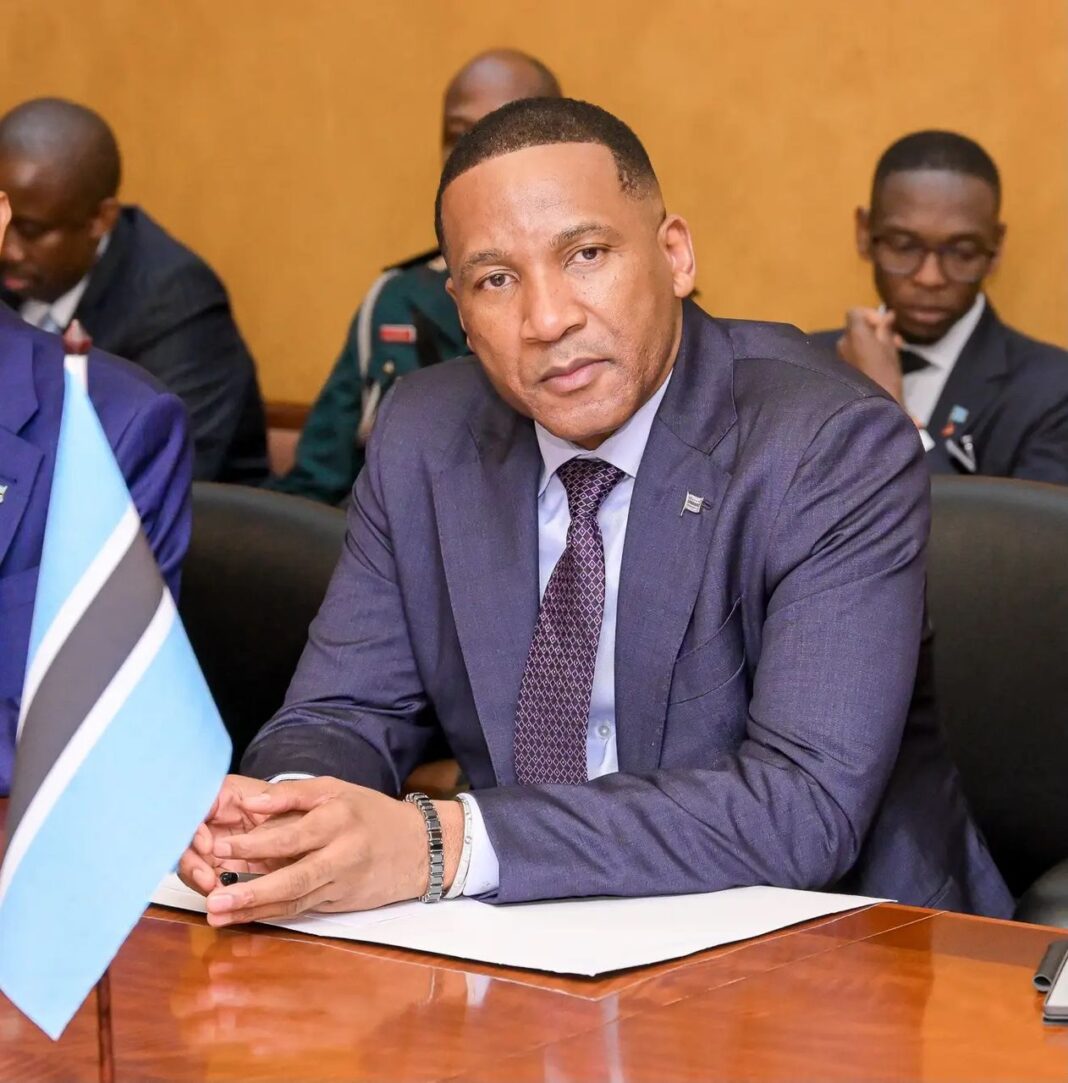N.R Christopher Mutasa
Modern educational systems across the globe, including Africa, pride themselves on imparting knowledge that prepares individuals to participate in the workforce. Yet, beneath the veneer of progress, a glaring omission persists: the systematic exclusion of wealth creation and preservation education from formal curricula. This deliberate void ensures that the majority remain economically disenfranchised while a select few, armed with generational knowledge of the wealth game, continue to consolidate power and resources.
The absence of structured financial literacy programs is not an incidental shortcoming but rather a consequence of imperial economic architectures designed to sustain asymmetrical wealth distribution. Africa’s economies remain extraction-based, where natural resources are siphoned off by multinational corporations and institutional investors, leaving indigenous populations to contend for residual value. This structural inequality perpetuates cycles of poverty, dependency, and underdevelopment.
The Silent Curriculum of Poverty: A Systemic Design
To understand the depth of this economic entrapment, one must interrogate the historical and institutional frameworks that underpin modern financial systems. The Bretton Woods institutions, colonial trade policies, and neoliberal economic reforms have all contributed to an economic ecosystem that prioritises capital accumulation for the few while stifling wealth creation for the many.
Education, often lauded as the great equaliser, has instead become a tool for perpetuating systemic inequality. Traditional schooling emphasizes employability over ownership, consumption over investment, and short-term survival over long-term wealth generation. The result? Generations of African youth enter adulthood without the intellectual arsenal required to navigate, let alone disrupt, the global economic order.
Without an understanding of assets, liabilities, compounding interest, and capital markets, the average citizen remains trapped in the lower echelons of the wealth pyramid. Meanwhile, those who control capital continue to exploit both human and natural resources, further entrenching economic disparities.
The Anatomy of Wealth: Beyond Income to Ownership
True wealth transcends mere income; it lies in ownership, investment, and preservation. Yet, current monetary systems and financial institutions are meticulously designed to decelerate capital accumulation for the marginalised while accelerating it for the privileged. High-interest loans, inflationary currencies, and complex investment platforms act as gatekeepers, ensuring that wealth multiplication remains an elite pursuit.
To dismantle these barriers, financial literacy must become an intellectual cornerstone of education systems. African youth must be equipped not only to earn money but to multiply and sustain it. This requires a paradigm shift—from viewing money as a medium of exchange to understanding it as a tool of power, agency, and generational transformation.
Reclaiming Economic Sovereignty: A New Educational Imperative
The path to economic emancipation lies in the institutionalisation of a Wealth Creation and Preservation Curriculum across African educational systems. This curriculum should be designed to:
1. Demystify the Monetary System: Educate students on how money is created, distributed, and manipulated within global financial markets.
2. Promote Asset Literacy: Differentiate between income and wealth by teaching investment strategies across real estate, capital markets, and entrepreneurship.
3. Foster Entrepreneurial Mindsets: Shift from job-seeking to value creation, emphasising ownership of production rather than consumption.
4. Unveil Economic History: Expose the imperial economic structures that have historically undermined African prosperity.
5. Instil Generational Thinking: Emphasise long-term wealth accumulation and preservation strategies, including estate planning and intergenerational transfer of assets.
Imagine an Africa where students graduate not only with theoretical knowledge but with practical financial competencies—where a 16-year-old understands the power of compound interest, investment diversification, and the pitfalls of predatory lending. Such an education would not only transform individual lives but catalyse a continent-wide economic renaissance.
Beyond Reform: Toward Structural Economic Reclamation
While education is foundational, true economic liberation necessitates structural reforms that extend beyond classrooms. African nations must prioritise:
Intra-African Trade: Strengthening regional value chains to reduce dependency on foreign markets.
Industrialisation: Investing in manufacturing and value addition to retain wealth within the continent.
Monetary Integration: Establishing a unified African currency to insulate economies from external shocks.
Youth-Led Innovation: Channelling resources into startups and enterprises driven by young entrepreneurs.
At its core, this movement is about reclaiming economic sovereignty—empowering Africans to control their wealth, shape their economic destiny, and break free from the chains of generational poverty.
Conclusion: From Subjugation to Self-Determination
The exclusion of wealth education from formal curricula is not a benign oversight but a calculated strategy to sustain economic hierarchies. Yet, knowledge remains the ultimate disruptor. By equipping African youth with the intellectual tools to understand, create, and preserve wealth, we can dismantle systemic inequities and chart a path toward inclusive prosperity.
The time has come to rewrite the narrative—to move from subjugation to self-determination, from survival to sovereignty. In doing so, we will not only transform individual lives but ignite a continental revolution, positioning Africa not as a source of extraction but as a global hub of innovation, ownership, and enduring prosperity.
* Christopher Mutasa is a Policy & Governance Analyst, Regional Integration Advocate, and Economic Policy Specialist.


